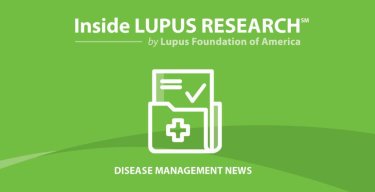Health Literacy Associated with Medication Adherence and Quality of Life Among Individuals with Childhood-Onset Systemic Lupus Erythematosus

In a recent study, researchers evaluated health literacy (the ability to obtain, process and understand basic health information and the services needed to make good health decisions) and the impact it has on medication adherence (taking medication as directed) and quality of life in people with childhood-onset systemic lupus erythematosus (cSLE). Findings show that inadequate health literacy was prevalent, but those with higher health literacy had higher medication adherence and better quality of life.
A group of 48 people with cSLE ages 10-24 were included in the study. Researchers assessed participants’ health literacy using two common measurement tools, the Brief Health Literacy Screen (BHLS) and Newest Vital Sign (NVS). Each individual completed questionnaires to measure their medication adherence and quality of life (pain and hurt; daily activities; treatment; worry; communication). They were also asked questions about how they like to receive educational information about their diagnosis, medications, etc.
Researchers found two-thirds (67%) of the individuals reported having inadequate health literacy by the BHLS and almost half (42%) by the NVS. However, higher medication adherence and better quality of life was associated with higher BHLS scores.
Lupus tends to be more aggressive and severe in children and teens than in adults, often having long-term effects. This study suggests that further attention to health literacy can help improve outcomes for this population. Learn more about childhood lupus.

Interested in getting research like this straight to your inbox? Subscribe to our monthly Inside Lupus Research email for all the latest.



